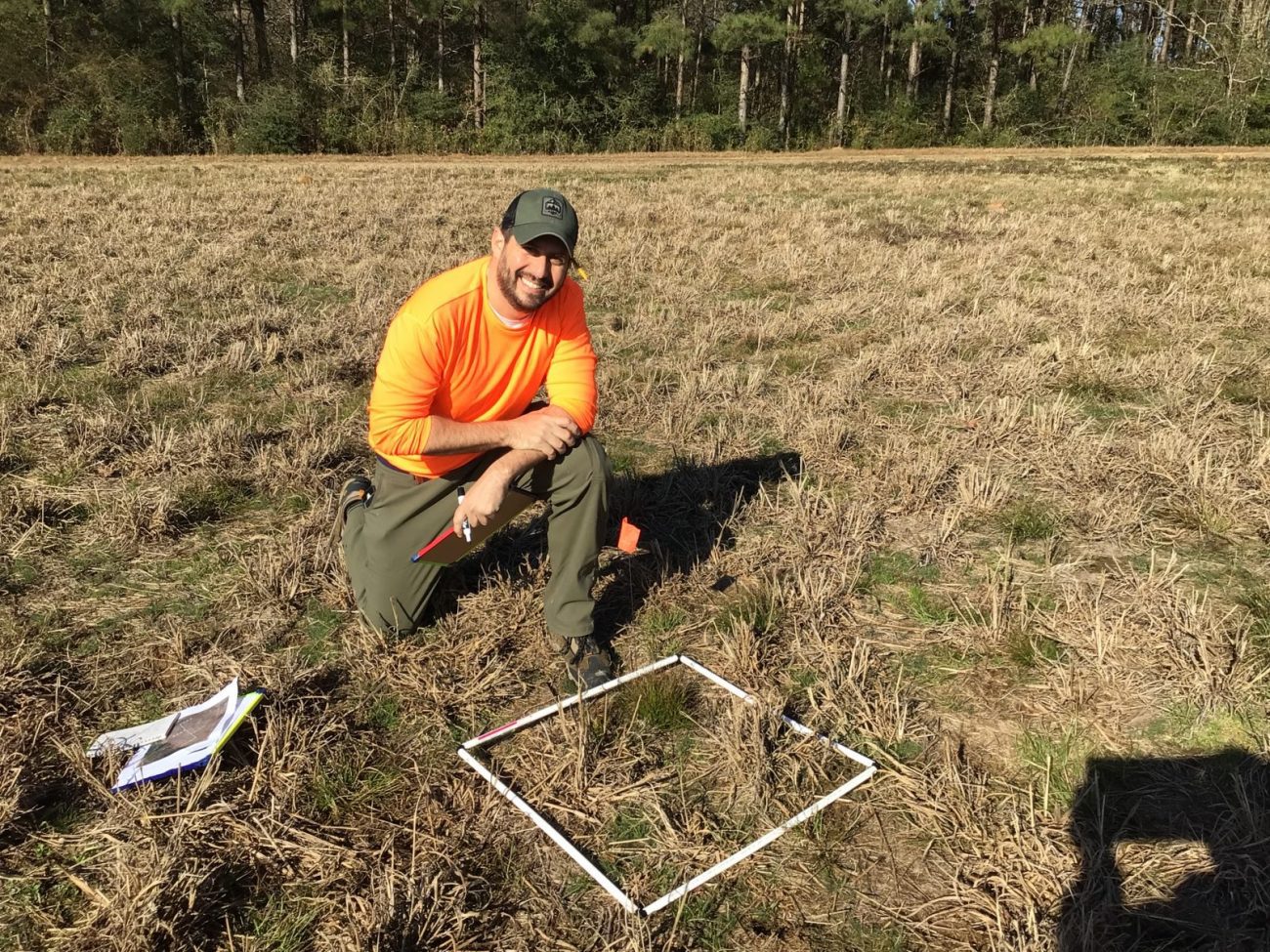Alumni Environmental Stewardship Profile: Ben Jaffe ’99, Environmental Associate at ExxonMobil
From Among Friends magazine: Responsible stewardship of our planet has long been a resonant theme at Moorestown Friends School. This is one in a series of profiles about alumni who practice and foster responsible stewardship of the environment as part of their livelihoods.
 Ben is an Applied Ecologist/Environmental Associate at ExxonMobil. He has a Ph.D. in Ecology and Evolutionary Biology from Northern Arizona University and a B.S. in Animal Behavior and Ethology from Franklin & Marshall College.
Ben is an Applied Ecologist/Environmental Associate at ExxonMobil. He has a Ph.D. in Ecology and Evolutionary Biology from Northern Arizona University and a B.S. in Animal Behavior and Ethology from Franklin & Marshall College.
Your work in your own words…
As an applied ecologist, I try to integrate principles of ecology and environmental science into the company’s sites and operations. My background is in terrestrial ecology, so I support the company on a wide array of plant, animal, and land management issues. On any given day, I can be trying to figure out what native plant species to plant at a site and how to plant them, how to accurately measure biodiversity in really remote areas of the world, or researching how plants can be used to clean-up contaminated material. I also get to steer a lot of different research programs on applying ecological restoration on our sites.
I get to work with a wide range of communities from around the U.S. and the world. Getting to know people, being invited into their communities, while working side by side with them has been really humbling, and rewarding. Working to identify science-based opportunities, successfully putting them into action, and having everyone invested in their success is one of the most exciting parts of my job.
How did your passion for environmental stewardship develop?
My passion for environmental stewardship stems from thinking about the real world application of my Ph.D. work. The gist of the research was assessing the environmental impact of a specific species of fern. This plant takes arsenic out of the soil and stores it in really high concentrations in its fronds (leaves). Why would a plant take arsenic out of the ground? What was the impact this function had on mobilizing arsenic into the surrounding environment on local biodiversity? Interestingly, people wanted to use this plant as a “green” way to clean up soil; Was that even a good idea? There were so many interesting aspects to this system that I think this project really ignited my passion for trying to understand how our actions impact the environment and finding tractable ways to minimize that impact.
What are important issues related to environmental stewardship facing our country and world?
I think that one of the most defining questions of our generation is how we, as a society, continue to grow without jeopardizing quality of life or the environment. In the energy sector, this question revolves around how to supply affordable and reliable energy while also minimizing environmental impacts. In agriculture, this question could be how to grow enough food to feed people while minimizing the amount of pesticides needed. Inherently, there are trade-offs to every choice we make, and so what information do we need to make informed choices? It is easy to go down a rabbit hole of important environmental issues, and these issues could be very different depending on where you live in the world. One thing that is universal is the need for broad expertise. Environmental stewardship needs people trained in agriculture, architecture, art, biology, chemistry, computer science, economics, engineering, forestry, law, social sciences, amongst others.
How has your Moorestown Friends education served you in your career and life?
I look back fondly on my time at MFS. I don’t know if it is the Quaker philosophy, or the small class sizes, but the MFS community radiates empathy. These days, empathy is needed more than ever. Perhaps more than any individual class, just being able to be a part of the MFS community and being able to grow in safe space, was the most impactful aspect of my MFS education.
I have ended up adapting the principles that underpin Meeting for Worship into my life. Every week, I block time to reflect on the week past, what I can do better, and what my goals are for the upcoming week. It’s apparent that this philosophy evolved from my time during Meeting for Worship at MFS, and I am thankful to have had that experience.
